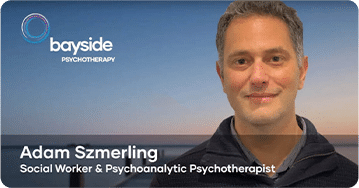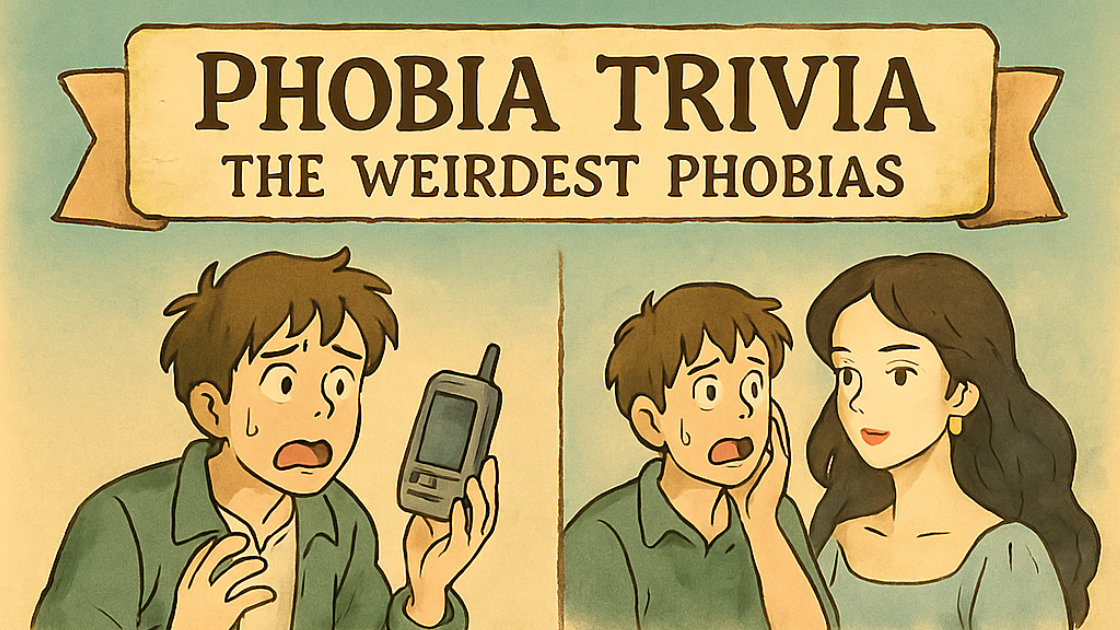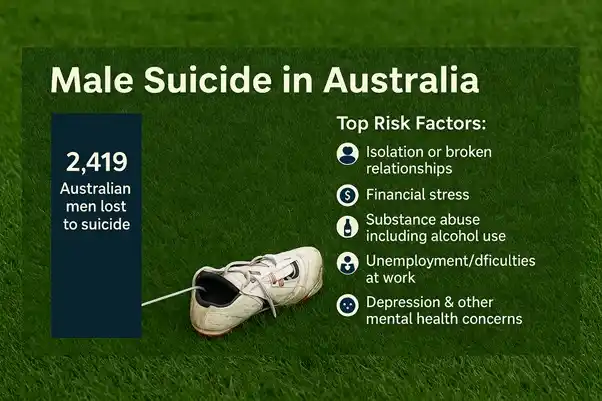COVID-19 and managing difficult emotions
Life in the time of COVID-19 is akin to something most of us have never encountered before. On hold for now are day trips, overseas holidays, long afternoon lunches in the sun with groups of friends and family and for many people their previous work role has either disappeared or changed in a significant way. The speed of these changes has left many people feeling overwhelmed, anxious, sad and angry. Others have responded by downplaying or minimising the severity that the COVID 19 virus poses to vulnerable groups, front-line health workers and the community at large.
As we adjust to days at home with our children, our housemates and our partners in new work roles or grappling with unemployment or job uncertainty, many of us are now more likely to be experiencing strong emotions.
What are emotions
Emotions are inbuilt biological mechanisms that help us best adapt to and survive in our environment. Of the major emotions, each serves a specific function to help to keep us safe and navigate our life effectively.
When am I likely to experience stronger emotions
It is common to experience strong emotions during life transitions (e.g., Finishing school, moving house, getting married, becoming a parent, children leaving home) because our sense of “normal” is changing. No doubt the COVID 19 pandemic has been experienced by many as an incredible shock and a rapid transition to a very different day to day life.
In addition to a changing life landscape, we are more prone to experiencing strong emotions when our well being is in jeopardy. By this I’m referring to our core health needs such as sleep, healthy diet, exercise and fresh air. In the days and months ahead, attending to these aspects of our life not only serves to protect us from strong emotions but allows us to be more effective in our interactions with others and in our work role.
During the lockdown in Wuhan, there was a reported increase in alcohol consumption in the community. While this may have emerged for many reasons including boredom, fear, depression and loneliness, consumption of alcohol and other substances increases our vulnerability to strong emotions. There is also some research that indicates consumption of alcohol lowers the ability of our immune system to respond effectively to viral infections. If you notice yourself turning to alcohol it may be worth considering seeking online counselling.
How to effectively manage emotions
Look after your needs – eat well, get enough rest and sleep, exercise and move each day in a way that feels good for you. Connecting to and sharing your experiences with others can be extremely beneficial. Some people find a regular mindfulness practice keeps them humming along nicely.
If you are feeling overwhelmed or stuck at the moment, that is completely understandable. Please reach out to our clinicians for help via online counselling. We are more than happy to help and will continue to offer our online counselling services throughout and beyond the COVID 19 pandemic while ensuring sessions remain confidential and services are provided in accordance with standards set out by associations such as PACFA, the AASW and the APS.
Here are a couple of blogs written on this topic you might find useful:
What Are Australians Most Afraid Of? N...
From snakes and spiders to needles and ghosts, fear takes many forms. But what do Australians fear most in 2025? To find out, we turned to one of the.
Is It Time For The AFL To Cast A Menta...
At Bayside Psychotherapy we are passionate about mental health and like many fellow Melbournians, many on our team are avid AFL fans. So when two of our.
Exploring Emerging Therapies: Understa...
At Mind Medicine Australia, we are dedicated to transforming the trea.
The Balance of Power in Romantic Relat...
Why do some relationships thrive while others feel like a constant tug-of-war? Power dynamics lie at the heart of this balance.











